
The Comforting Ritual of Tea
As winter settles in, the comfort of a warm cup of tea becomes an integral part of daily routines for many people. The act of brewing a cup creates a sensory experience that can be both soothing and invigorating. The warmth of the cup in one’s hands offers an immediate feeling of coziness, a welcome reprieve from the cold weather outside. This tactile satisfaction is complemented by the aromatic scents wafting from the freshly brewed tea, whether it is herbal teas for cold weather, traditional black tea, or the refreshing notes of green tea.
The diversity of options available allows individuals to tailor their tea choices based on their mood or health needs. For instance, herbal teas such as chamomile or peppermint provide not only delightful flavors but also therapeutic benefits, contributing to relaxation and digestion—especially crucial during the winter months when we often indulge in heavier meals. On the other hand, green tea provides a refreshing blend packed with antioxidants, promoting overall immunity and health. Integrating the best teas for immunity into a winter beverage routine can bolster one’s resilience against seasonal ailments.
Creating a cozy environment further enhances the tea-drinking experience. Taking a moment to nestle into a comfortable chair, perhaps with a soft blanket, while enjoying a warming tea allows for greater mindfulness and relaxation. This intentionality transforms a simple beverage into a ritual, a small yet profound way to embrace self-care during the often hectic winter months. Irrespective of the type of tea, the benefits of tea in winter extend beyond physical warmth. They nurture mental well-being, encouraging individuals to slow down, breathe, and appreciate life’s simple pleasures amid the bustle of the season.
Health Benefits of Tea in Winter
As the temperatures drop, the benefits of tea in winter become increasingly significant. Tea not only serves as a comforting beverage but also plays a crucial role in promoting health and well-being during the colder months. One of the primary advantages of drinking tea in winter is its ability to boost immunity. Certain varieties, such as green tea, are rich in antioxidants, particularly catechins. These compounds have been shown to enhance the body’s immune response, making it more resilient to seasonal illnesses.
Moreover, herbal teas for cold weather, like chamomile or ginger, offer soothing properties that can alleviate symptoms associated with colds and flu. These herbal blends often contain anti-inflammatory and antibacterial properties that can help are beneficial for relieving sore throats and reducing congestion. Incorporating warming teas for winter into your routine can thus provide both comfort and relief during this susceptible time of year.
Additionally, healthier winter beverages contribute to hydration, which is vital during the dry, cold months when we might overlook the importance of fluid intake. Tea can serve as a delicious alternative to water, while also offering additional health benefits. The best teas for immunity include those with a blend of spices, such as turmeric and cinnamon, both known for their immune-boosting benefits as well as their warming effects on the body.
The antioxidant properties of tea extend beyond just fighting off colds; they play a considerable role in protecting the body from winter-related ailments by combating oxidative stress. Therefore, choosing to drink tea during winter not only enhances comfort but also supports overall health and vitality. Opting for green tea benefits in winter or integrating a warm herbal blend into daily routines can be a simple yet effective approach to foster well-being throughout the colder months.
Best Types of Tea for Winter
As winter settles in, the quest for comfort and warmth leads many individuals to seek out various beverages, among which tea stands out due to its numerous benefits. The benefits of tea in winter are well documented, and different types of tea offer unique properties that cater to this chilly season. Below, we explore the best types of tea to enjoy during the colder months, categorized into green teas, herbal teas, and spiced blends.
Green tea, known for its array of health benefits, is particularly advantageous in winter. Rich in antioxidants, green tea supports immune function, making it one of the best teas for immunity during the cold weather. The catechins found in green tea not only help enhance the body’s defenses but also provide a warming effect that is delightful on a frosty day. Popular blends, such as jasmine green tea or matcha, add both flavor and health benefits, making them ideal choices for those seeking invigorating and healthy winter beverages.
Herbal teas for cold weather are another excellent option for combating winter’s chill. These teas, often caffeine-free, include ingredients such as chamomile, peppermint, and ginger. Chamomile can soothe and relax, while ginger offers a spicy kick that can naturally warm the body. Additionally, herbal blends may incorporate cinnamon or cloves, which provide comforting aromas and a gentle heat. Each sip of these herbal concoctions nurtures the body and mind, reinforcing their reputation as a go-to for cozying up during the winter months.
Lastly, spiced blends, such as chai and masala tea, can elevate the winter tea experience. These teas are typically infused with a variety of warming spices like cardamom, cinnamon, and black pepper. Not only do they provide delicious flavors, but they also contribute to improved circulation and respiratory health, making them particularly suitable as warming teas for winter. By integrating these flavors into your routine, you create not just warmth but an experience that embodies the essence of winter.
Choosing the Right Tea for Winter
As the winter months approach, selecting the right tea can significantly enhance your wellness routine and enjoyment of these chilly days. To experience the full benefits of tea in winter, it is crucial to consider both your personal taste preferences and health objectives. Many individuals gravitate towards herbal teas for cold weather due to their soothing properties and ability to promote warmth. Popular options include chamomile, ginger, and peppermint, all of which are delightful choices to keep you cozy during the colder months.
Brewing Techniques
When preparing teas, temperature settings and steeping durations play a vital role in unlocking the tea’s flavor profile and health benefits. For example, green tea benefits in winter can be maximized by steeping it at slightly lower temperatures (around 160-180°F) for 2-3 minutes. This ensures a smoother taste while also retaining its rich array of antioxidants that support immune health.
On the other hand, more robust teas such as black tea perform better with hotter water (around 200-212°F) and longer steeping times of 3-5 minutes. This method enhances the deep flavors and also extracts beneficial compounds essential for maintaining warmth during winter. For those craving something richer, warming teas for winter, such as chai, offer the opportunity to blend spices like cinnamon and cardamom, creating a delightful beverage full of flavor and comfort.
Enhancing Your Tea Experience
For a heightened experience, consider adding sweeteners such as honey or maple syrup, which not only complement the tea’s flavor but also enhance its health benefits. Create healthy winter beverages by experimenting with various flavoring options, such as citrus or vanilla notes, which can elevate your tea experience. Additionally, consider incorporating spices such as turmeric or cloves, which are known for their warming properties and can contribute to overall well-being during the winter months.
Conclusion
By selecting the best teas for immunity and preparing them thoughtfully, one can truly appreciate the numerous benefits of tea in winter. Your tea ritual can become not only a source of hydration but also a comforting and nourishing practice that enhances your overall winter wellness.
 English
English 
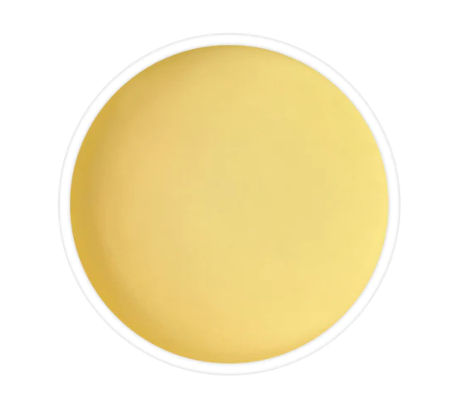

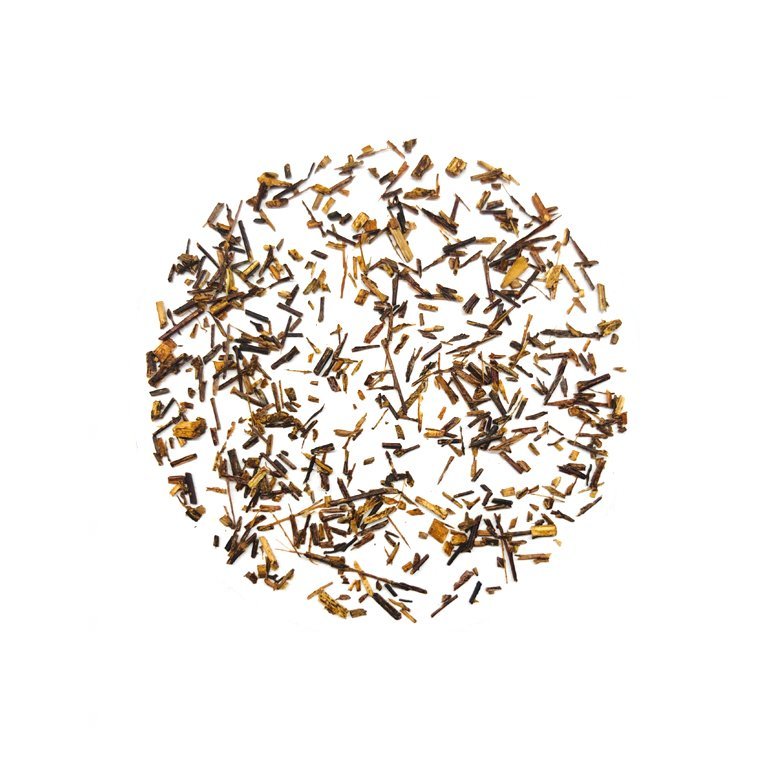
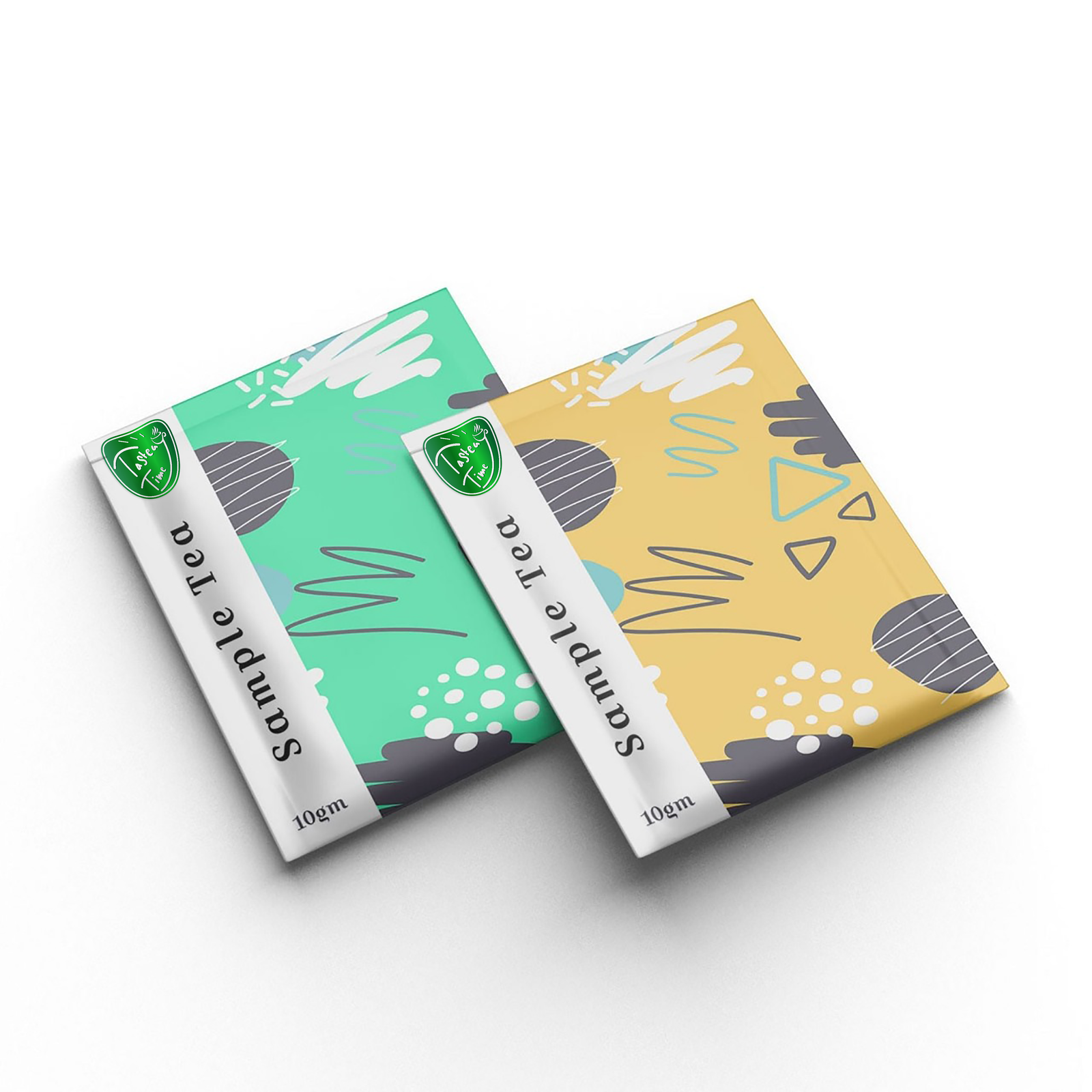
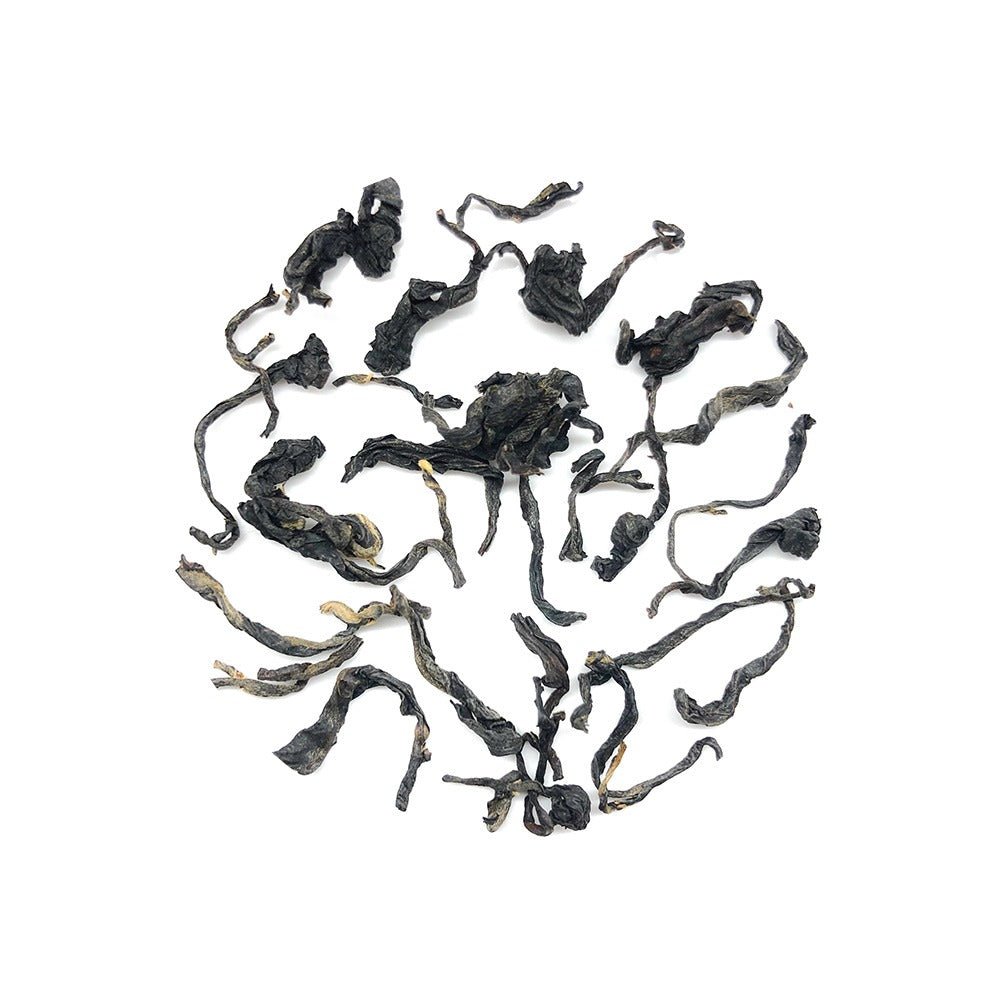





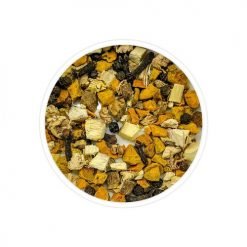
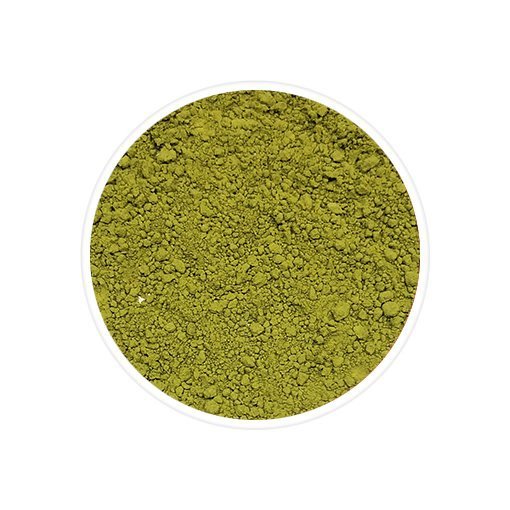
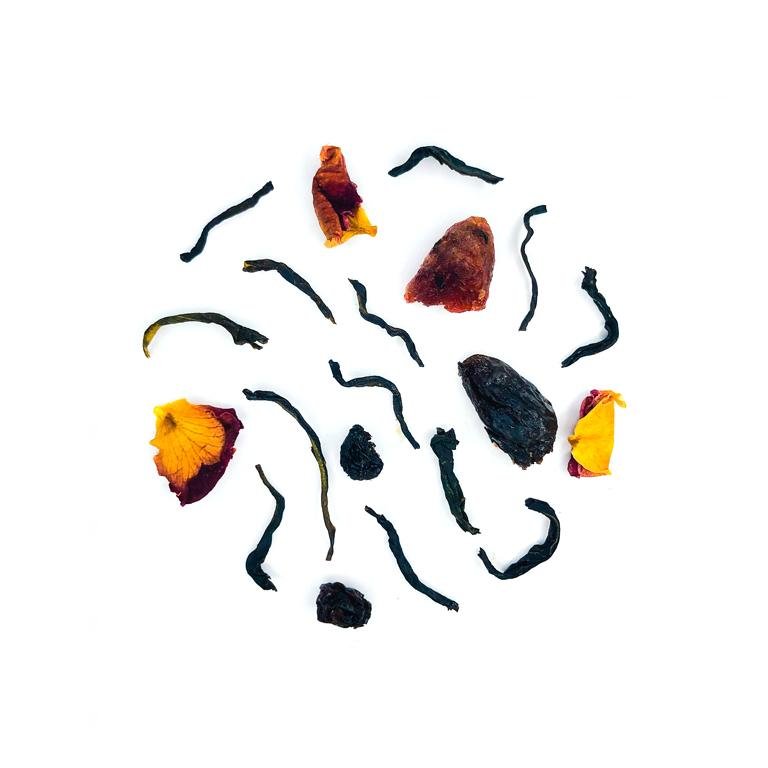






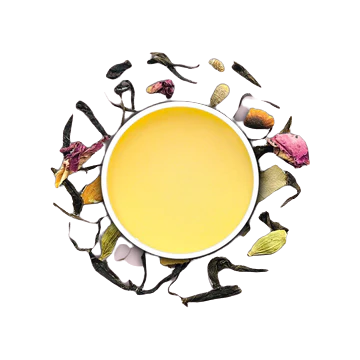



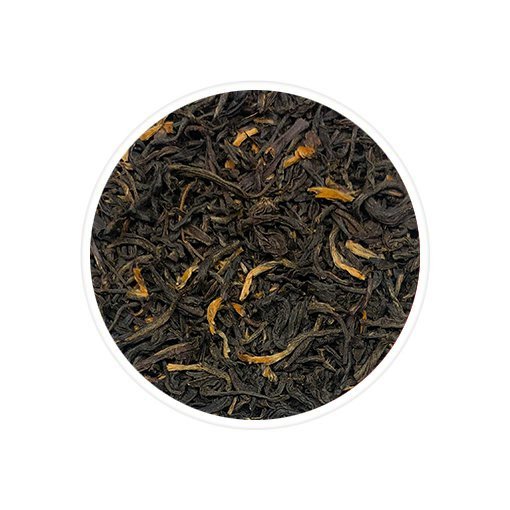




 Home
Home  Whishlist
Whishlist  Checkout
Checkout